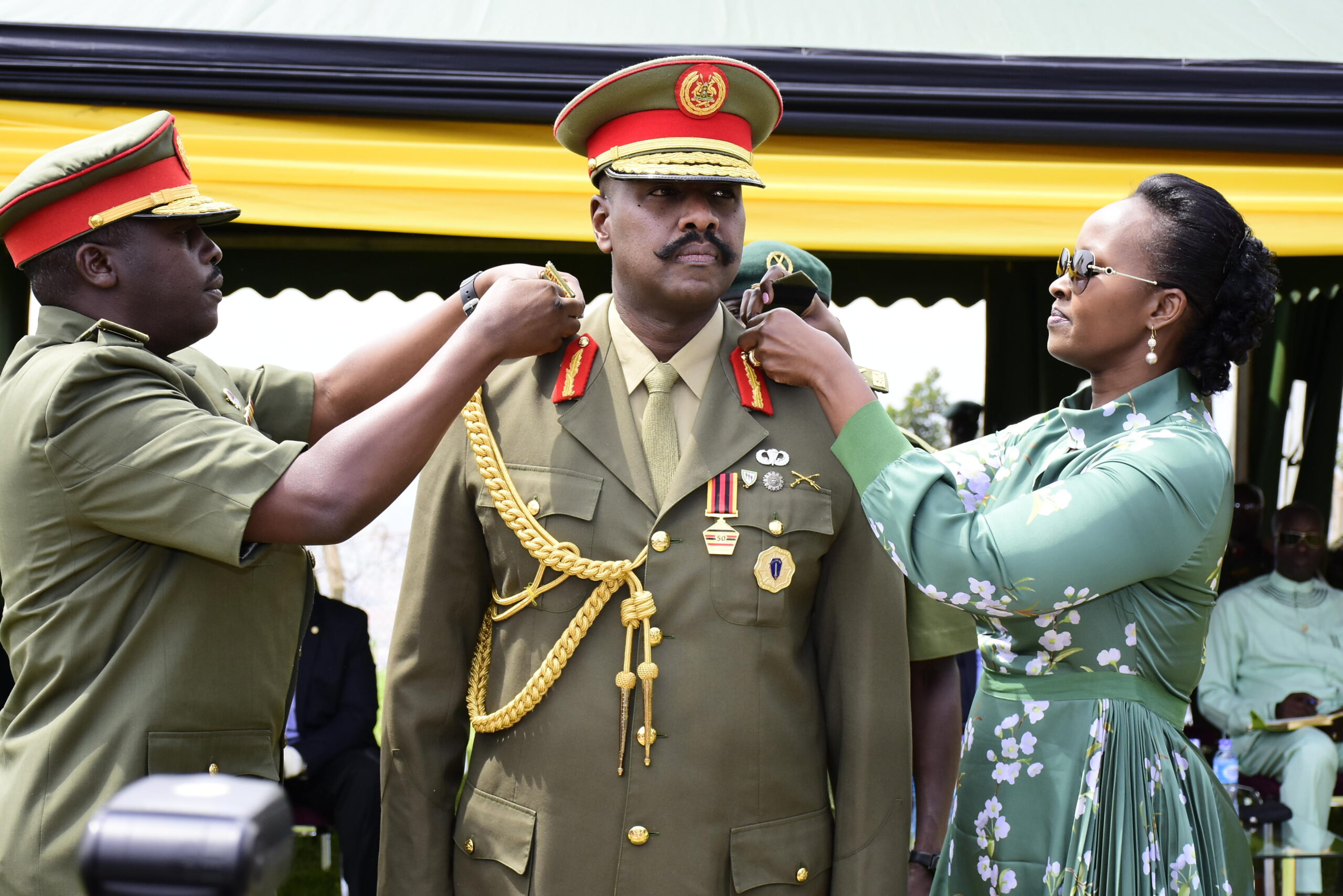In a striking turn of events, Uganda’s Legal and Parliamentary Affairs Committee has begun reviewing the Uganda People’s Defence Forces (UPDF) Amendment Bill, 2025—just a day after its first reading in Parliament on Tuesday, May 13, 2025. The bill, which seeks to reinstate military court trials for civilians, comes less than four months after the Supreme Court ruled such trials unconstitutional on January 31, 2025.
This swift and bold legislative move has sparked intense debate across legal, political, and civil society spaces. Critics view it as a direct challenge to the judiciary and a worrying signal for the rule of law and human rights in Uganda.
Key Proposals in the Bill
The UPDF Amendment Bill proposes two major changes:
- Reinstating military trials for civilians — a practice deemed unconstitutional by the Supreme Court for violating the right to a fair hearing and due process, as enshrined in Article 28 of Uganda’s 1995 Constitution.
- Dissolving the Uganda Veterans Assistance Board, which currently supports retired military personnel. The rationale behind this proposal remains unclear, but it raises concerns about the welfare of thousands of army veterans.
Although the Supreme Court had urged reforms to ensure military courts strictly try only military personnel, the Cabinet reportedly approved the principles of this amendment as far back as November 10, 2022—indicating that this legislation was long in the works.
Accelerated Process: What’s the Rush?
Observers have noted the unusually rapid pace of this bill’s journey through Parliament. Within 24 hours of its first reading, the Legal and Parliamentary Affairs Committee was already dissecting it—a stark contrast to the often sluggish nature of Ugandan legislative procedures.
The National Unity Platform (NUP), Uganda’s main opposition party, has been vocal in its criticism of the UPDF Amendment Bill 2025, viewing it as a deliberate move to entrench repression ahead of the 2026 general elections. David Lewis Rubongoya, the NUP Secretary General, expressed deep frustration with the parliamentary process, accusing the government of flouting due process to fast-track the legislation. In a statement, Rubongoya highlighted the procedural irregularities surrounding the bill’s consultation process, noting that his party received an invitation on May 13 to attend a meeting the following morning at 9:00 AM to discuss the bill—a timeline he described as absurdly inadequate for meaningful engagement.
“They sent us an invitation on May 13 for a meeting the very next day, expecting us to submit our presentation beforehand. Meanwhile, a public advert ran in newspapers asking for citizen input by the close of business on May 14, but the link provided to access the bill was broken. I checked the website myself the evening before, and it was offline,” Rubongoya said. He argued that these actions reflect a calculated effort to ram through a law that he deems unconstitutional, particularly given its provisions to allow military courts to try civilians—a practice already ruled against by Uganda’s Supreme Court in January 2025. “This is a clear sign of how desperate they are to pass this bill, even if it means violating every law in the book,” he added.
This speed has raised eyebrows and prompted speculation about political motives behind the urgency. Some analysts suggest that recent security concerns or political tensions, especially involving opposition figures and protests, may be driving the rush.
Constitutional Backlash and International Repercussions
At the heart of the controversy lies the Supreme Court’s ruling, which upheld a 2021 Constitutional Court judgment that declared military trials for civilians unlawful. The court emphasized that such trials breach the principles of an independent and impartial judiciary, especially when military courts are not under the Judicial Service Commission.
In response to the ruling, the Office of the United Nations High Commissioner for Human Rights (OHCHR) lauded Uganda’s judiciary and called on the government to:
- Respect the decision,
- Transfer all ongoing civilian cases from military to civilian courts, and
- Amend the UPDF Act to align with international human rights standards, particularly the International Covenant on Civil and Political Rights (ICCPR).
If passed, this bill risks not only undermining Uganda’s own constitutional order but also straining its relations with international partners and human rights watchdogs.
A History of Military Influence in Politics
Uganda’s political history is deeply intertwined with the military. The UPDF has consistently wielded significant influence in both governance and internal security. The reintroduction of military jurisdiction over civilians could be seen as a way for the executive to retain control over dissent, particularly as elections near or political unrest brews.
Recent arrests and the military-style handling of opposition figures, such as Dr. Kizza Besigye, Robert Kyagulanyi (Bobi Wine), and Obeid Lutale, have drawn criticism from civil society. The timing of this bill may suggest an effort to legally bolster the state’s power to prosecute civilians in military courts under the pretext of national security.
Divided Reactions: Public and Expert Concerns
The bill has sharply divided opinion. Legal experts, opposition leaders, and civil society activists have warned that passing it could roll back hard-won civil liberties and further erode the separation of powers.
In contrast, government insiders argue that military courts are essential for dealing with threats such as terrorism, espionage, and subversive activities, particularly where national security is at stake. However, critics argue that Uganda’s civilian courts are fully capable of handling such cases without infringing on constitutional rights.
A Test of Democratic Institutions
The UPDF Amendment Bill, 2025, represents more than just a legal change—it is a test of Uganda’s democratic resilience. At stake are the principles of constitutionalism, judicial independence, and respect for human rights.
As Parliament proceeds with its review, many eyes—both local and international—will be watching. The outcome will not only determine the scope of military court power but also signal the direction Uganda is taking in balancing state authority with individual freedoms.






